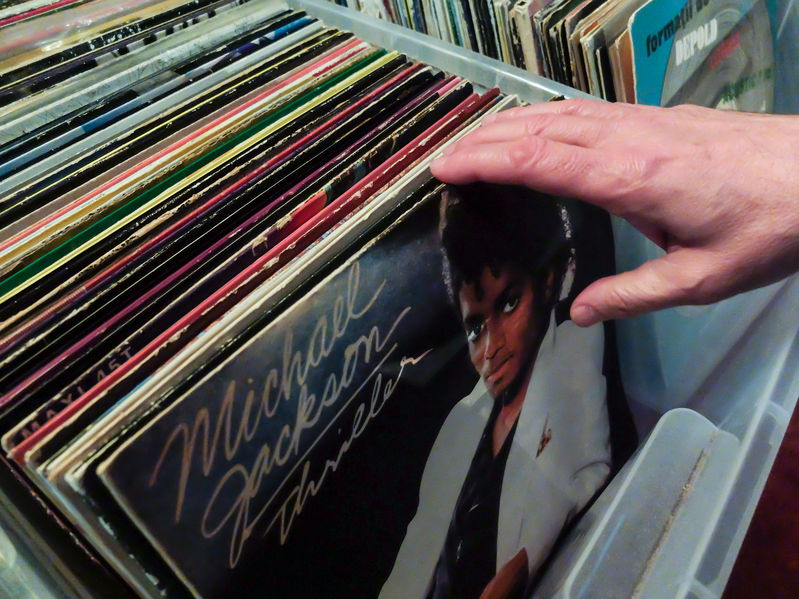When Michael Jackson died in 2009, his estate was suffering, and he was deeply in debt. Among what was owed was millions in taxes, but exactly how much was anyone’s guess. Estimates from the IRS and his estate managers differed by more than $700 million. His estate finally had its day in court, and the decision was mainly in the Jackson estate’s favor.
The story holds several lessons for the rest of us. Here are some of the biggest highlights, summarized from this Forbes article by Guinevere Moore:
- It’s never too late to make a change. Something critical happened shortly before Jackson died: He fired his advisors and rehired those who advised him before he was in debt. While this renewed team hadn’t had time to put ideal estate planning into action, they managed to act quickly and as effectively as they could after his death.
- A little PR goes a long way. Jackson’s image had suffered during his final years, but he was in the beginning stages of a comeback with a sold-out concert on the horizon. So although he hadn’t made money from tours or selling his likeness in quite some time, his team was able to capitalize on the refreshed momentum. Soon his estate was making money once more, and Michael Jackson became Forbes’ highest-earning after-death celebrity.
- The valuation game. The IRS followed Jackson’s post-death revenue success as well as any fan and soon requested its cut. The biggest fight it waged was over three intangible assets: his image and likeness, his interest in the music publishing company Sony/ATV, and his interest in Mijac, a music-copywriting firm. At the time of Jackson’s death, these assets were worth far less than what his estate advisors spun them into after he was gone. So which value could the IRS tax? Can you guess?
- Estates are valued at the time of death. For the most part, the court ruled that an estate tax could be placed on the value of his estate at the time he died “and not what his beneficiaries eventually stood to receive due to the careful and prudent management of the managers after his death,” Moore writes. Those values, the court determined, were $4.1 million for Jackson’s image and likeness (not the more than $400 million the IRS claimed) and zero for his cashed-out interest in Sony/ATV (not another $400 million-plus, according to the IRS). The only significant loss for the estate was on the value of Mijac, which the court ruled should be $107 million (and not the $2.2 million the estate claimed).
- No penalty for reasonable cause. Furthermore, the IRS-assessed penalties were rejected since the estate had correctly valued some assets and had reasonable cause to value the other assets the way they did since they relied on experts to do so.
The biggest lesson: Work with trusted advisors (preferably sooner rather than later). They were able to bail out Jackson’s estate and turn things around for his benefactors but also take on the IRS in court AND WIN. Intangible assets are tricky to value, and the IRS will always round up. You may not be the King of Pop, but if you’re a business owner, don’t discount the value of intangible business assets like your personal goodwill and intellectual property. The IRS certainly won’t. Feel free to contact us with questions.
Photo ©Gabriel Petrescu/123RF.COM


